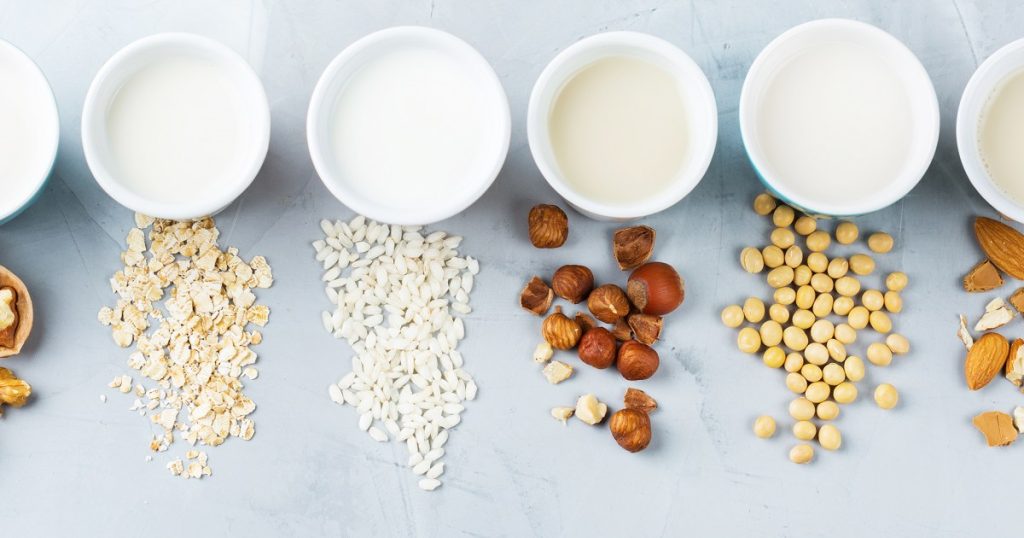Nut and seed milks, pea milk, oat milk, soy milk, coconut milk, and rice milk have become popular alternatives to traditional dairy milk, leading to a wide range of options available in supermarkets. With each type of milk offering different nutritional benefits and tastes, it can be challenging to determine which is the best choice for weight loss. As a dietitian, navigating these choices can be overwhelming, but there are two top picks for weight loss when it comes to milk.
The top choice for weight loss is good old-fashioned dairy milk, whether low-fat or whole milk. Studies suggest that drinking milk in combination with calorie restriction can facilitate short-term weight loss. Milk consumption is associated with better overall nutrition and less intake of sugary beverages like soda and fruit juice. With 8 grams of protein and 100 calories per glass, milk provides nutritional benefits that can aid in weight loss efforts. Drinking whole milk may also benefit weight loss, as observational research in children has shown a link between consuming more whole milk and lower childhood adiposity.
When it comes to plant-based milk options for weight loss, almond milk and soy milk are recommended choices. Almond milk is low in calories, with just 30 calories per glass, and is a good source of calcium and Vitamin D. Soy milk, on the other hand, is rich in protein and has a nutrient profile similar to dairy milk. With 90 calories and 8 grams of protein per 8-ounce serving, soy milk can help manage hunger without added sugar or fat. Both almond milk and soy milk can be used in various recipes and beverages to support weight loss efforts.
Maintaining a calorie deficit, or eating fewer calories than you burn, is crucial when incorporating milk into a weight loss plan. While whole milk has more calories compared to low-fat milk, the key is to focus on overall calorie intake to support weight loss. Including milk in a balanced diet can contribute to feeling full and satisfied, thanks to its protein content that helps manage hunger and reduce cravings for unhealthy snacks. Whether choosing dairy or plant-based milk, the main goal is to find what works best for individual preferences and weight loss goals.
Overall, the choice between dairy and plant-based milk for weight loss ultimately depends on personal preferences, nutritional needs, and dietary goals. Both dairy milk and plant-based alternatives like almond milk and soy milk can offer unique benefits for weight loss efforts. By incorporating milk into a balanced diet and focusing on maintaining a calorie deficit, individuals can enjoy the nutritional benefits of milk while supporting their weight loss goals. Whether enjoying a glass of dairy milk or adding almond milk to a smoothie, the key is to find what works best for individual needs and preferences in the journey towards weight loss.















